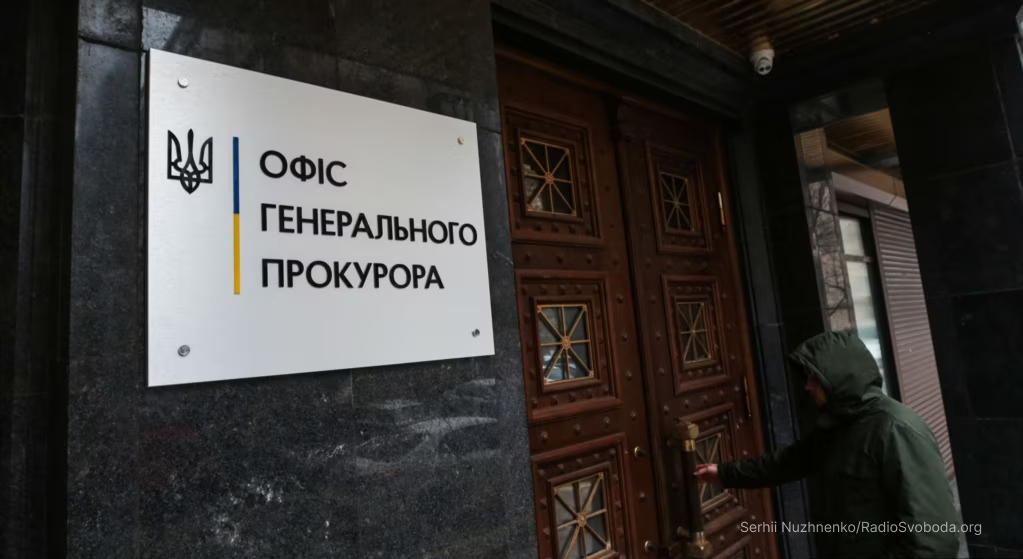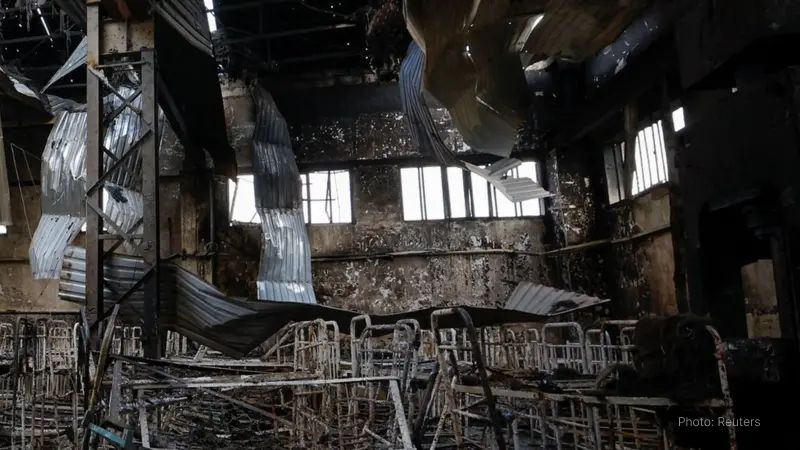
Kalinin Penal Colony No. 27
Donetsk Oblast, Horlivka
Temporarily occupied territories
Penal Colony
Active
Overview
Kalinin Penal Colony No. 27, located in Russian-occupied Horlivka, Donetsk Oblast, has been used to detain large numbers of Ukrainian prisoners of war. Prisoners were routinely transported to Donetsk for interrogations or sham trials. Even after receiving sentences, many POWs are returned to the Horlivka colony for continued detention.
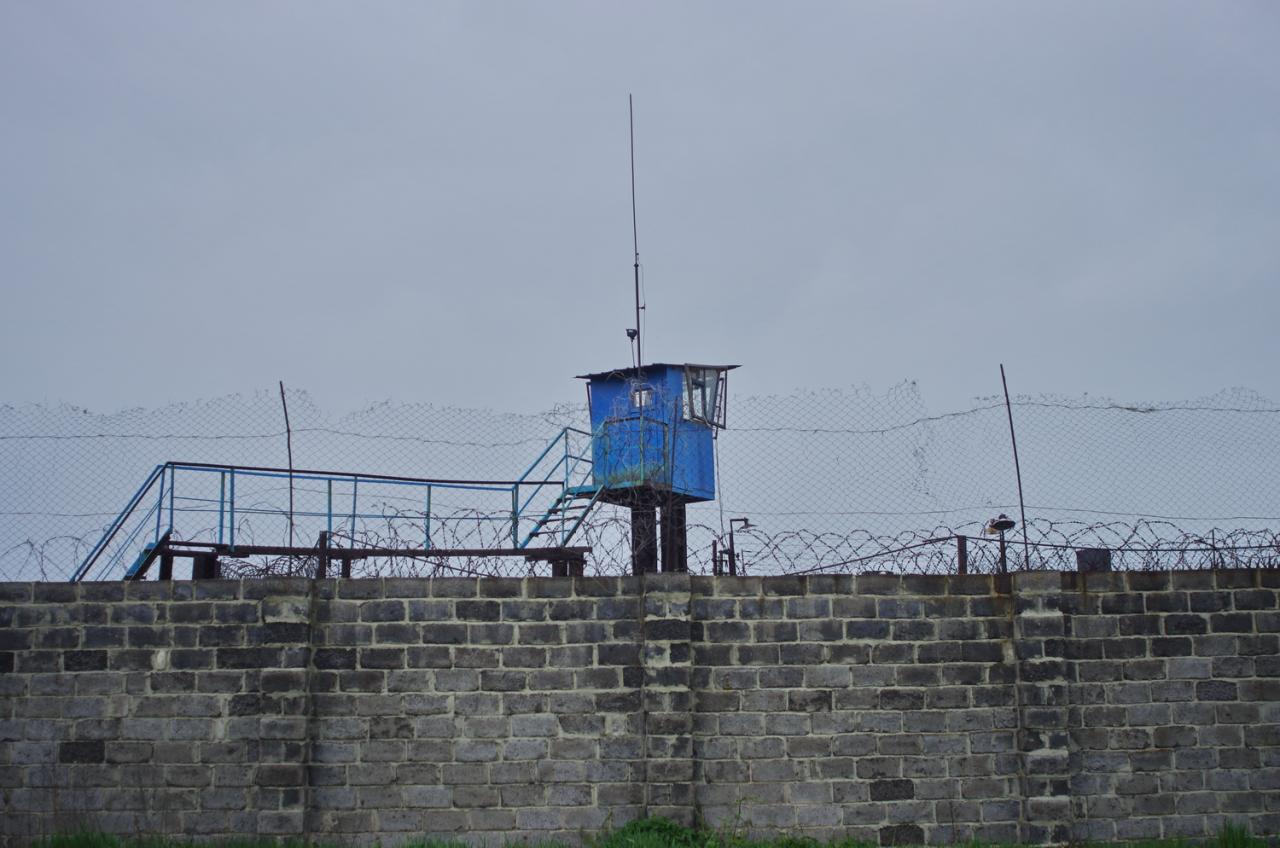
Torture & Abuse
According to testimonies, beatings and coercion were used to extract forced confessions. Former prisoners have reported that those returning from interrogations or court procedures had signs of torture, severe bruising or were unable to walk. In at least one known case, a POW confessed under torture to killing nine civilians.
Medical Care
There is no available information regarding medical care or assistance in Kalinin Penal Colony No. 27.
Food & Sanitation
There is insufficient testimony to assess the quality or availability of food and sanitation in the colony.

Psychological Pressure
Psychological abuse appeared to be systematic and closely tied to Russian propaganda narratives. Interrogations focused heavily on the battle for Mariupol, regardless of whether the captured soldier had any relation to the events there. This applied even to those detained in entirely different parts of the front. The aim was to construct a false narrative blaming Ukraine for civilian deaths in Mariupol. Coerced “testimonies” were gathered under duress to support disinformation.
Testimonies & Reports
“There are a great number of civilian deaths in Mariupol. Russia wants to blame Ukraine for them – that is obvious. But these testimonies, if they can even be called that, are often extracted under torture”, – said Olena Bieliachkova, a representative of the human rights organisation Media Initiative for Human Rights.
“In one interview, a former prisoner of war recalled that a guy from his barrack came back so badly beaten he could no longer move on his own – he had ‘confessed’ to killing nine people” – Olena Bieliachkova.
Kalinin Penal Colony No. 27, located in Russian-occupied Horlivka, Donetsk Oblast, has been used to detain large numbers of Ukrainian prisoners of war. Prisoners were routinely transported to Donetsk for interrogations or sham trials. Even after receiving sentences, many POWs are returned to the Horlivka colony for continued detention.

According to testimonies, beatings and coercion were used to extract forced confessions. Former prisoners have reported that those returning from interrogations or court procedures had signs of torture, severe bruising or were unable to walk. In at least one known case, a POW confessed under torture to killing nine civilians.
There is no available information regarding medical care or assistance in Kalinin Penal Colony No. 27.
There is insufficient testimony to assess the quality or availability of food and sanitation in the colony.

Psychological abuse appeared to be systematic and closely tied to Russian propaganda narratives. Interrogations focused heavily on the battle for Mariupol, regardless of whether the captured soldier had any relation to the events there. This applied even to those detained in entirely different parts of the front. The aim was to construct a false narrative blaming Ukraine for civilian deaths in Mariupol. Coerced “testimonies” were gathered under duress to support disinformation.
“There are a great number of civilian deaths in Mariupol. Russia wants to blame Ukraine for them – that is obvious. But these testimonies, if they can even be called that, are often extracted under torture”, – said Olena Bieliachkova, a representative of the human rights organisation Media Initiative for Human Rights.
“In one interview, a former prisoner of war recalled that a guy from his barrack came back so badly beaten he could no longer move on his own – he had ‘confessed’ to killing nine people” – Olena Bieliachkova.
News
see more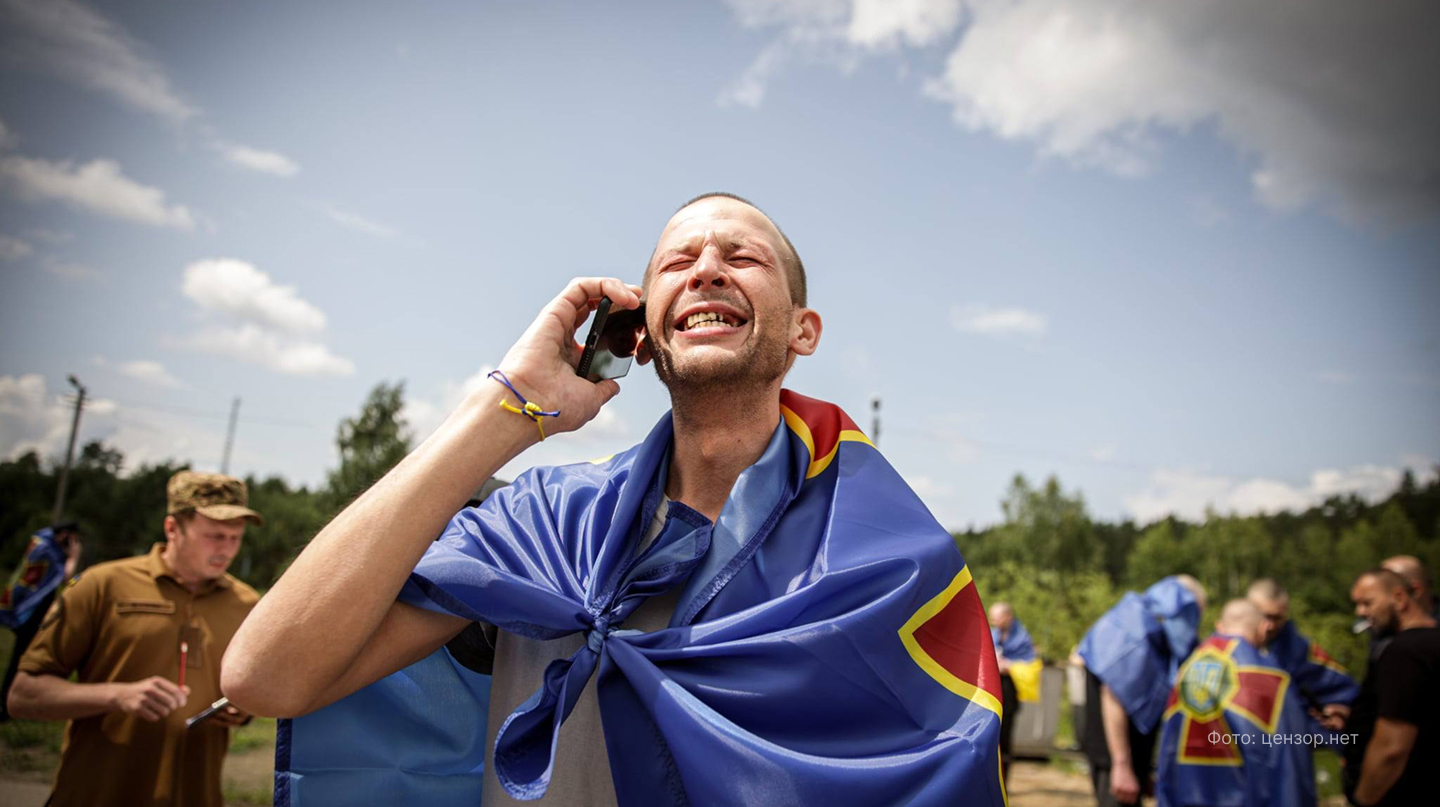
“The captives were forced to walk with their heads down”: how the rehabilitation of released Ukrainian soldiers takes place
Ukrainian servicemen released from Russian captivity often arrive at the National Guard’s medical centre in extremely poor condition, both physically and psychologically.
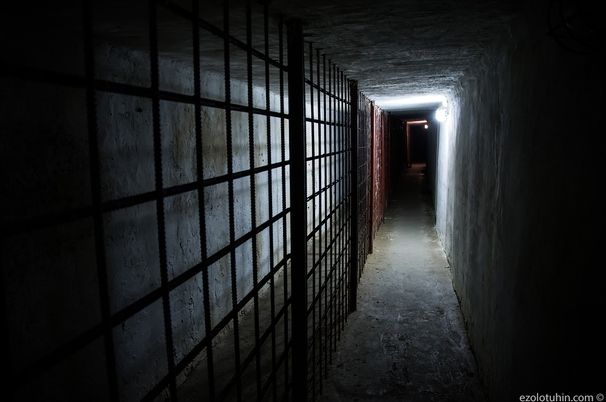
Russia has established a network of torture chambers for Ukrainian prisoners of war.
At least five secret prisons in Russia are holding Ukrainian POWs.

SBU presses charges against russian judges for the unlawful sentencing of Azov Brigade POWs
The Security Service of Ukraine (SBU) has charged in absentia two judges of Russia’s Southern District Military Court, Konstantin Prostov and Sergey Obraztsov, with war crimes against Ukrainian prisoners of war.
questions & answers
You can make a difference
Have a question, a message, or something important to share?
Whether it’s information, a concern, or a word of support, we want to hear from you.
Every voice matters.

